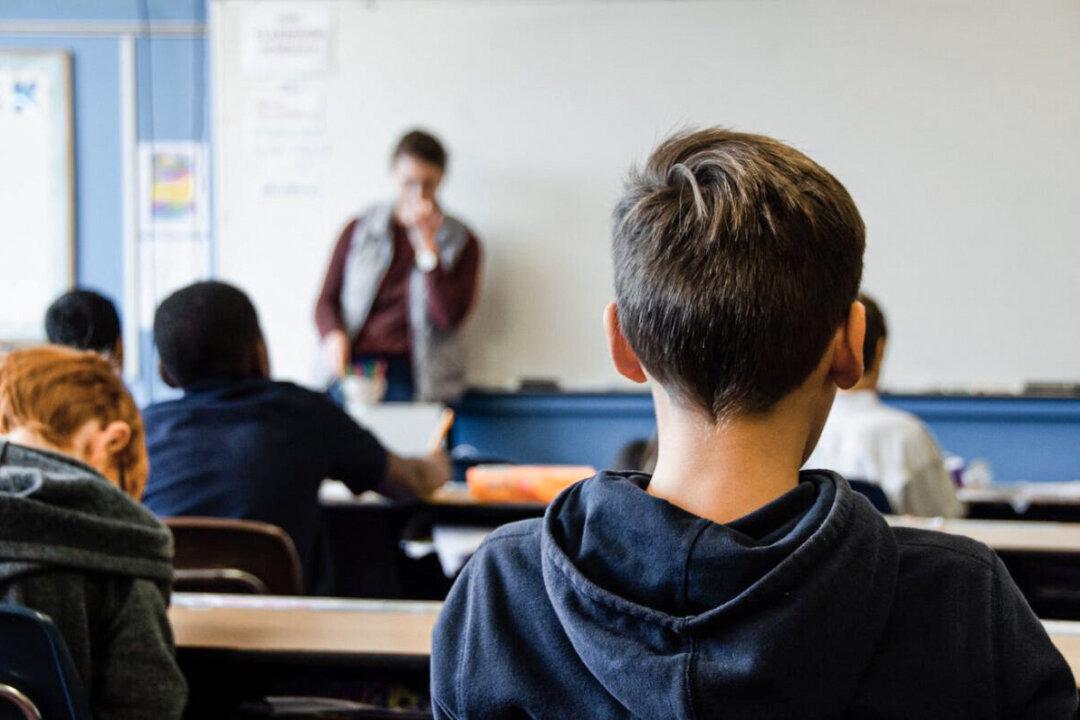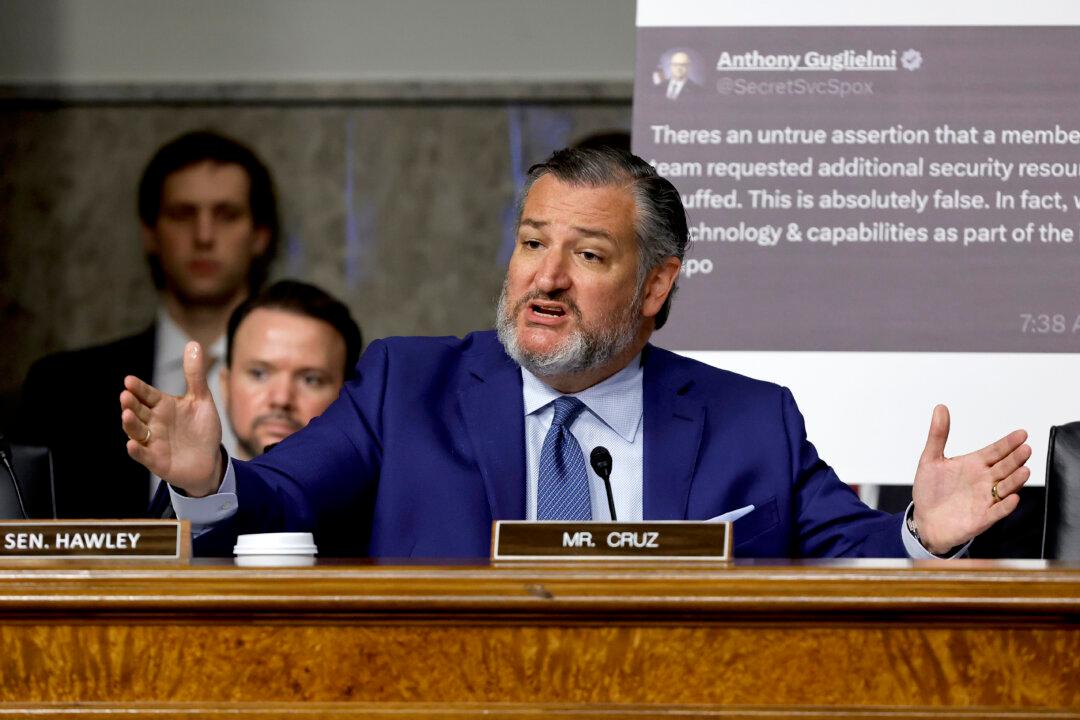During a training session recently held by the National Science Teaching Association (NSTA), teachers were told how to infuse sex and gender ideologies into science classes and make classroom more “LGBTQIA+ supportive.”
The training session, titled “Queer Your Classroom: Supporting LGBTQIA+ Students,” featured a presentation prepared by Jamie Kubiak, a New York City-based high school chemistry teacher who uses pronouns they/he. The NSTA, whose membership includes over 40,000 science teachers, said this was aimed to help attendees learn “simple tricks and strategies to affirm and represent queer students” in their classes.





